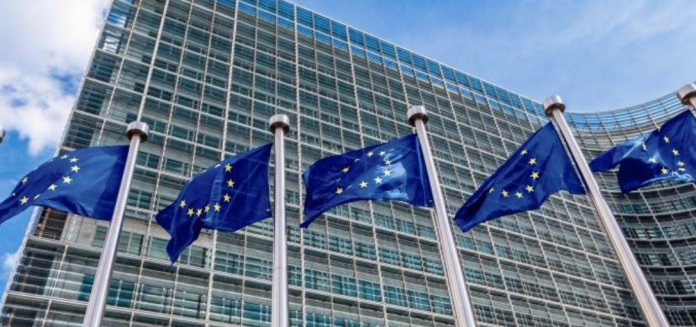Independent fintech expert Marcel van Oost writes for Payment Expert on the implications of the fall of Wirecard case and some of the lessons that need to be learnt from the case.
There should be a more comprehensive European regulator for fintechs and I hope there will be better regulation and not more.
It’s been only a few months since Wirecard filed for insolvency with financial papers reporting daily the mighty rise and fall of one of the biggest FinTech tech companies. That left EU FinTech regulations wondering how could all go so wrong.
The details of the story have been told as a cautionary tale for all other FinTechs (and regulators). The story could easily become a Netflix documentary for its many twists.
For now, I’d like to discuss what regulatory effects this will have on the European FinTech scene.
The Wirecard scandal “did not come out of the blue”, said Florian Toncar, a member of parliament for the business-friendly FDP. “It’s a mystery to me why the finance minister and BaFin did not shed light on the matter much earlier,” Toncar added.
In the past year or so, academics and few politicians became alarmed at the gravity of the problems emerging from then Munich-based Wirecard. They pointed out that there wasn’t one single reason for Wirecard to fail so dismally.
They instead pointed to a corporate culture historically wary of foreign speculators, a denial to even question that a rare German tech champion could be doing something not quite legal, more importantly, the inability of Germany’s regulatory system to deal with a payments company.
“My impression was for a long time that Wirecard was seen as this delicate homegrown plant that needed to be protected,” said Fabio De Masi, a Berlin lawmaker with the leftwing Die Linke party and one of the few politicians to take an interest in the Wirecard scandal from the beginning.
“Anyone asking awkward questions about its business was seen as trying to run down Germany and its finance sector,” he added.
So, when EY went to finally check Wirecard’s subsidiaries in Singapore, Philippines and Dubai, none of these banks had any dealings with Wirecard. In fact, they never had even dealt with Wirecard’s group. And that’s how the missing €1.9bn was discovered.
How come all this could get passed BaFin?
BaFin lacks the power of a criminal prosecutor and has limited authority to investigate potential accounting manipulations, unlike its counterparts in other countries in Europe. Moreover, it has traditionally been dominated by lawyers who take a very narrow view of BaFin’s role.
That meant Wirecard was treated as a technology company rather than a financial services provider, putting the holding company outside BaFin’s direct oversight.
BaFin claimed that they only regulated Wirecard Bank, the German subsidiary, not Wirecard AG – the holding company. That is why BaFin said the Wirebank is fine but didn’t check the balance sheet of the holding company.
Some FinTech insiders said, in this case, Wirecard is another example how BaFin is systematically failing to cope with complex situations where it does not have a clearly defined legal remit and its role needs to be re-designed.
In the wake of Wirecard’s scandal, German government announced the reform of financial regulation in the country. In this case, according to the draft of an action plan drafted by the finance ministry, BaFin will have “sovereign powers” to intervene “directly and immediately” in public companies.
Some FinTech experts said that the current model of “Banking-as-Service could implode” because of Wirecard. I’m not sure if I completely agree with this statement because the problem isn’t BaaS per se but regulations around it.
I stand by the idea that EU countries need a more granular regulation rather than simply more regulations. One example would be that regulations could work at process levels rather than at entity levels, and accountability would be at the process level not at the entity level. Also, Germany’s financial regulation reform is likely to make waves to other countries and their financial regulators.





















